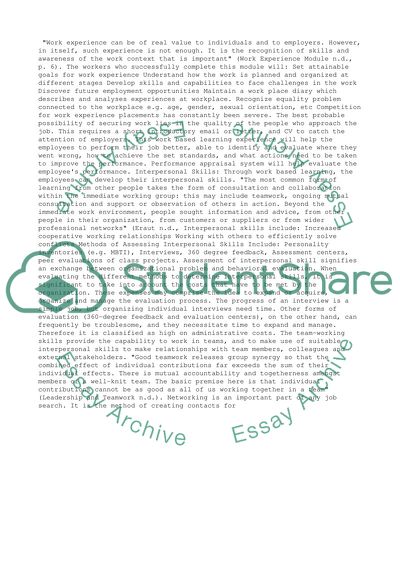Cite this document
(“Reflection and Critical Evaluation of Performance, Progress and Essay”, n.d.)
Retrieved from https://studentshare.org/business/1396676-reflection-and-critical-evaluation-of-performance
Retrieved from https://studentshare.org/business/1396676-reflection-and-critical-evaluation-of-performance
(Reflection and Critical Evaluation of Performance, Progress and Essay)
https://studentshare.org/business/1396676-reflection-and-critical-evaluation-of-performance.
https://studentshare.org/business/1396676-reflection-and-critical-evaluation-of-performance.
“Reflection and Critical Evaluation of Performance, Progress and Essay”, n.d. https://studentshare.org/business/1396676-reflection-and-critical-evaluation-of-performance.


